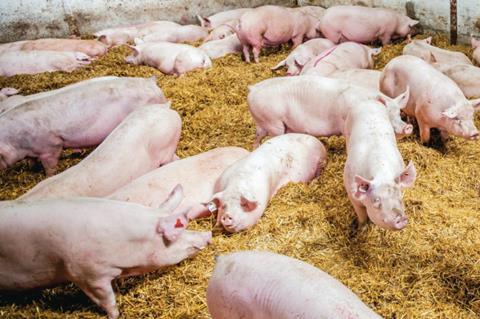
Pilgrim’s Pride has unveiled a sustainability strategy that will form the framework of its drive to become a net-zero business by 2030.
Dubbed Pilgrim’s UK 2030, the strategy will aim to build upon the “industry-leading sustainability position” of the company formerly known as Tulip.
It will focus on “five sustainability pillars” to achieve its net-zero goal, covering farming, food production, products, packaging and business & community.
Pilgrim’s is now in the process of engaging with key stakeholders in its supply chain to formulate science-based targets to hit its goal, said head of sustainability Matt Dight.
He stressed much of the work the supplier did – such as its commitment to only use responsibly sourced soya in 2017 – meant it already had strong sustainability credentials.
“More than ever, people are thinking about the footprint of the food they eat. Our vision is built upon a locally resilient, higher-welfare supply chain,” Dight said. “Our manufacturing targets – focusing on areas such as human rights, biodiversity, energy, water and waste - are aligned with UN Sustainable Development Goals, enabling us to future-proof the business,” he added.
“In the last 12 months, we have seen a significant reduction in our environmental footprint across our own sites, alongside improved biodiversity on our farms and reduced water and energy usage. We are the best performing in the industry in terms of food waste, with just 0.1% waste, and are working towards a circular ‘no waste’ economy, whilst 100% of the electricity we use across our manufacturing operations is purchased from the grid as renewable.”
Investing in the future was “vital for farming”, said Pilgrim’s pride agriculture director Andrew Saunders.
“We partner with over 800 UK pig farmers and 600 lamb farmers and our local, resilient and British farming supply chain meant that we were able to safely continue to feed the nation during Covid-19.
“Our aim is to be the partner of choice for the UK farming industry and our unique business model, where we own all of our own livestock, rewards our farmers for high quality and animal welfare, and also provides total control over veterinary inputs and diet formulation.”







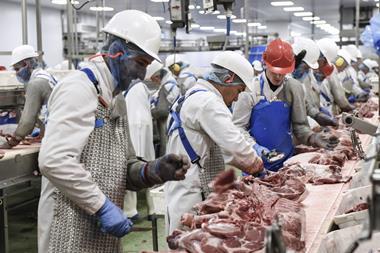
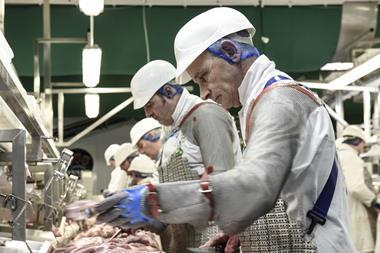
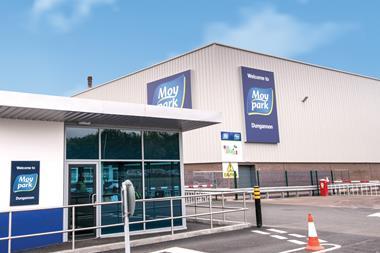
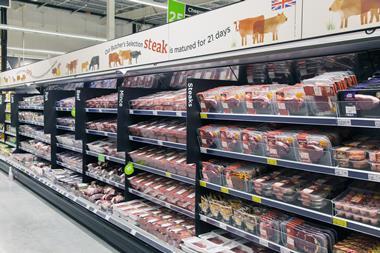
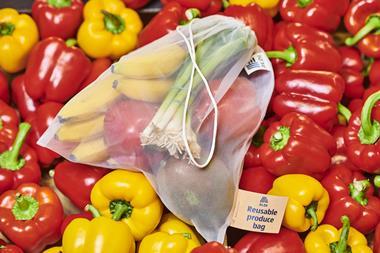
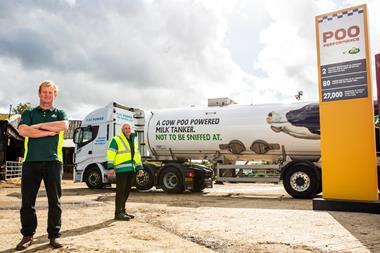






No comments yet